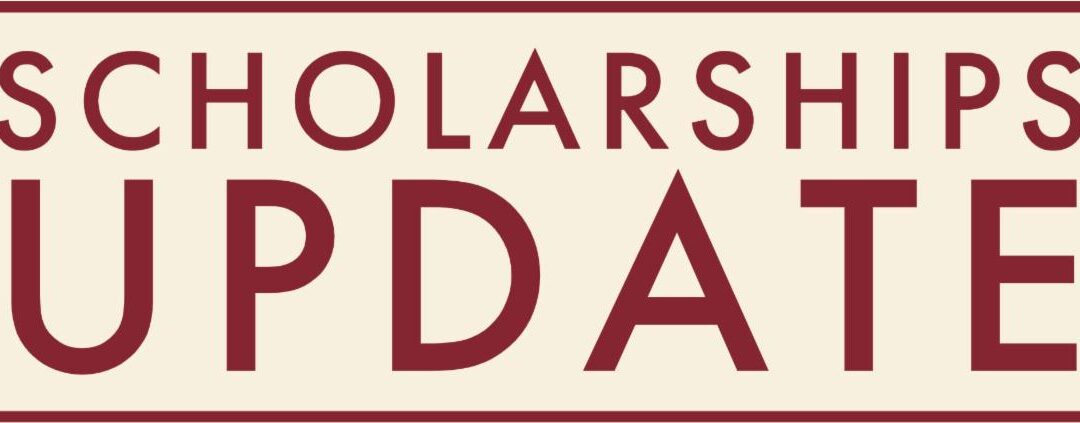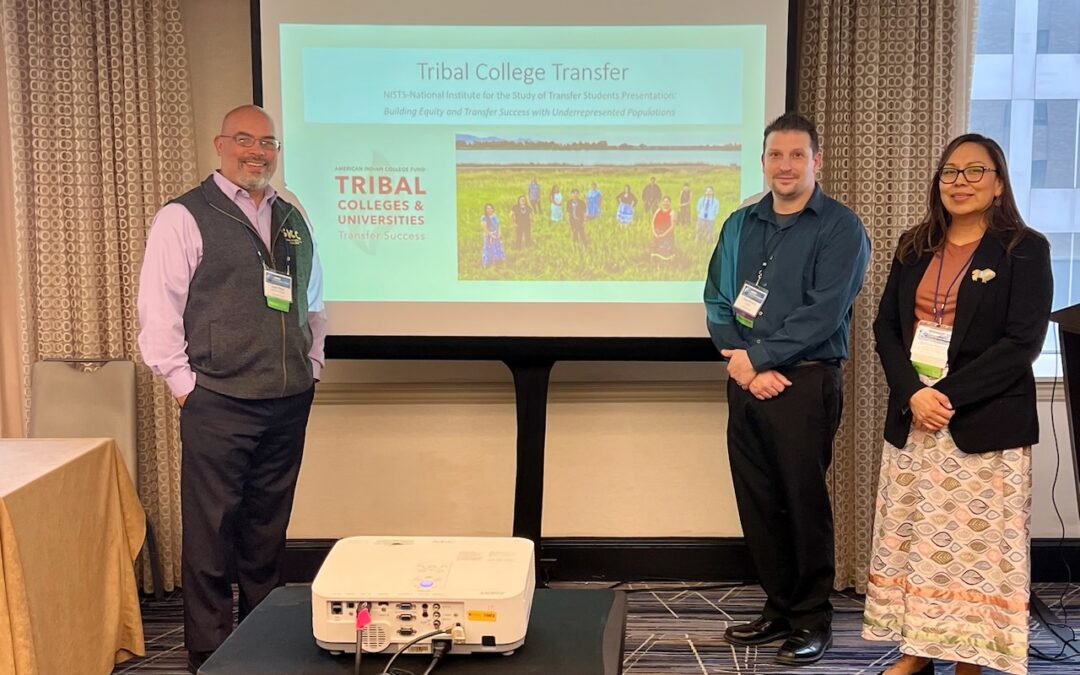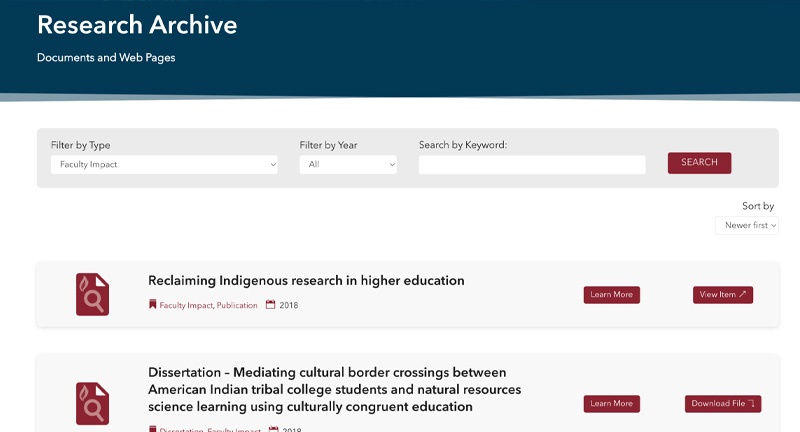Alumnae Association of St. Luke’s Hospital School of Nursing Establishes $100,000 Endowment
March 28, 2011
The Alumnae Association of St. Luke’s Hospital School of Nursing (New York City) established an endowment fund with the American Indian College Fund to provide annual scholarships each spring to Native nursing students enrolled in the Bachelor of Science Degree in Nursing program at Salish Kootenai Tribal College in Pablo, Montana.
The School of Nursing was established in 1888 and the Alumnae Association was incorporated in 1898. Since then more than 4,000 graduates proudly wore the distinctive cap and pin that were emblematic of the finest in nursing education for the era. The school was closed in 1974, reflecting the end of the hospital-based diploma era, yet the association and alumnae remain committed to the advancement of the nursing profession.
“The Alumnae Association of St. Luke’s Hospital School of Nursing has chosen to create a lasting legacy based on its rich tradition of public service stretching back to the school’s founding in the late 1800s,” said Lee Keppel Carr, an alumna of the school and member of the association. “Endowing a baccalaureate scholarship in nursing at Salish Kootenai Tribal College through the American Indian College Fund will pay tribute to this distinguished history that has provided graduates with a way to improve the circumstances in their personal lives and the health of their communities. We do not have huge resources, but we can plant a seed and ensure that St. Luke’s will be a vital influence and presence in the academic preparation of Native students for the nursing profession long into the future,” Carr said.
Judi Gott, an American Indian College Fund supporter and member of The Alumna Association of St. Luke’s said, “After visiting the nursing department at Salish Kootenai College in Montana in 2002, I was deeply moved by the importance and the dedication of the Native nursing students at this wonderful tribal college. The experience and enthusiasm of the students brought back the pride I felt at having graduated from St. Luke’s Hospital School of Nursing in 1960. A diploma empowered these nursing students’ dreams and hopes, successes and accomplishments. How fitting and touching it might be for St. Luke’s to help make this happen!”
Richard B. Williams, President and CEO of the American Indian College Fund said, “We are delighted at the generosity of The Alumnae Association of St. Luke’s Hospital School of Nursing. American Indians suffer from some of the most severe health conditions in the nation. This scholarship will help nursing students at Salish Kootenai College achieve their dreams while providing hope to their communities.”









